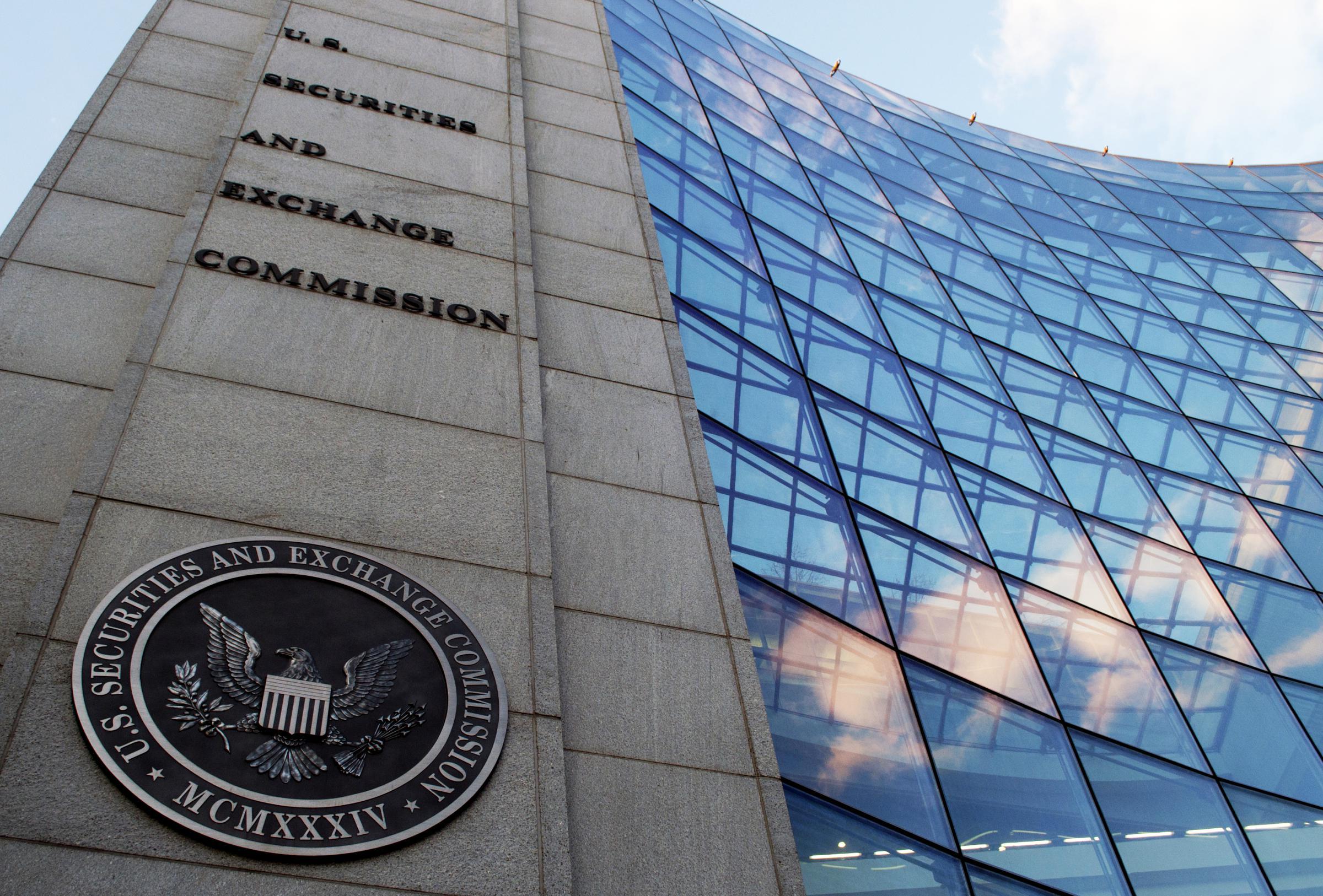

fetching latest news
News tagged in:

Gary Gensler is the kind of regulator who gets things done. That’s not always the kind that serves America best. The chair of the Securities and Exchange Commission has flexed the rulemaking process in a way that has been helpful to a Democrat-led administration struggling to pass laws. The precedent Gensler has set will make it easier for future SEC bosses to play fast and loose too.

President Joe Biden told Arab leaders the United States would remain an active partner in the Middle East, but he failed to secure commitments to a regional security axis that would include Israel or an immediate oil output rise.“The United States is invested in building a positive future of the region, in partnership with all of you — and the United States is not going anywhere,” Mr Biden said on Saturday (Sunday AEST), according to a transcript of his speech.

Even as energy prices trend down from recent highs, Bank of America still expects the Federal Reserve to make a 75-basis-point rate hike at the next FOMC meeting, but there's a chance of an even more aggressive move."We think the main takeaway from the June inflation data is that underlying price pressures remain robust and unacceptably high relative to the Fed's mandate," BofA analysts wrote in a Friday note.

The Wilderness Society and Friends of the Earth today filed suit over the Biden administration’s decision to offer 123 parcels covering nearly 120,000 acres (approximately 188 square miles) of federal land for oil and gas drilling on June 29 and 30. The Bureau of Land Management (BLM) is moving forward with the sale despite acknowledging that greenhouse gas pollution from the development of the leases could result in billions of dollars in social and environmental harm — the equivalent of adding hundreds of thousands of cars to the road each year. The lease sale will also commit these public lands to oil and gas drilling before BLM completes reforms to the federal oil and gas leasing program that the agency has recognized are needed.

U.S. shale oil producers are returning to existing wells and giving them a second, high-pressure blast to lift output for a fraction of the cost of a finishing a new well. These "re-fracs" are taking hold as shale oil producers look to take advantage of $100 a barrel crude without making big investments in new wells and fields. A global oil shortage has triggered calls from U.S. President Joe Biden for shale producers to spend more of their profits on increasing output. But shale firms have been under pressure for years from shareholders to focus on returns rather than production growth. Their reluctance to invest in more output has led to tensions between the oil industry and the White House, which is under pressure to rein in record $5 per gallon fuel prices that have contributed to decades-high inflation.

President Joe Biden reiterated his ire toward oil industry officials, verbally sparring with Chevron Corp. Chief Executive Officer Mike Wirth just days before administration officials and oil executives are set to discuss how to bring down gasoline prices. Wirth earlier called on Biden to stop criticizing the oil and gas industry and for a “change in approach” toward US energy policy in a rare, candid letter published Tuesday. Biden responded by calling the executive “mildly sensitive” and telling reporters at a White House press conference, “I didn’t know they’d get their feelings hurt that quickly.”
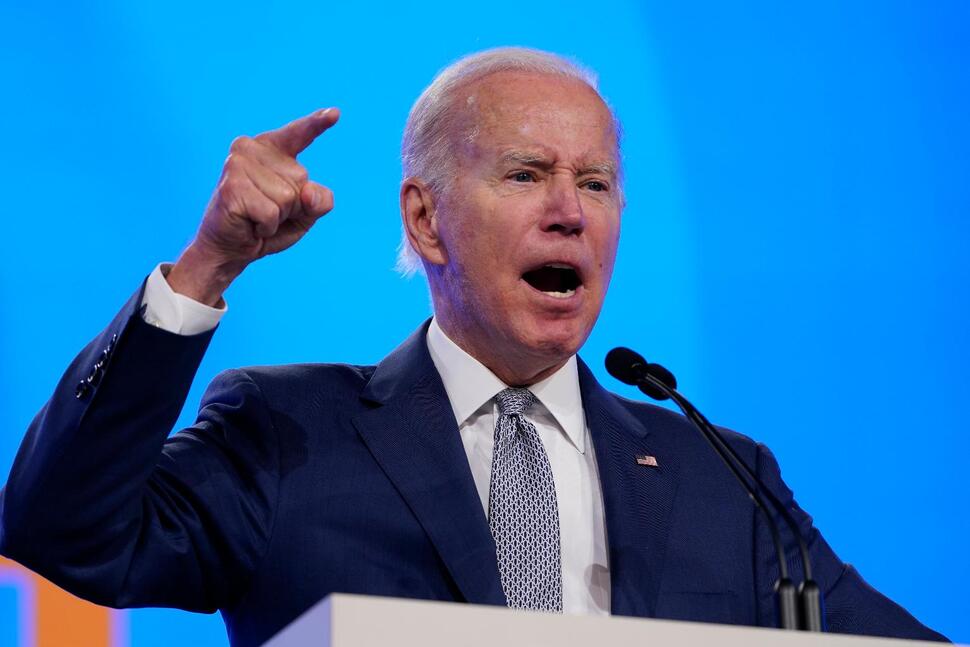
President Joe Biden on Wednesday called on US oil refiners to produce more gasoline and diesel, saying their profits have tripled during a time of war between Russia and Ukraine as Americans struggle with record high prices at the pump. Biden wrote in the draft of a letter to oil refiners obtained by The Associated Press. "Your companies need to work with my Administration to bring forward concrete, near-term solutions that address the crisis."

Russian playwright Anton Chekhov’s advice on writing applies also to oil, where the US strategic petroleum reserve (SPR) has long loomed over the market, but rarely been used. Now US President Joe Biden intends to give the market both barrels.

Oil markets entered April with their worst weekly loss in two years as the Biden administration announced the largest ever crude reserve release that sent the benchmark US price below the key $100-per-barrel support.

The USD/INR pair has reclaimed 76.00 amid falling oil prices after US President Joe Biden announced a release of one million barrels per day for six months out of their Strategic Petroleum Reserve (SPR) from May.
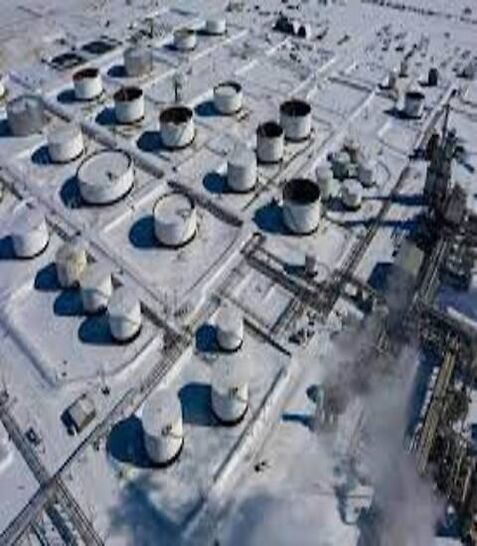
US Pres. Biden's team weighs a massive oil release to combat inflation and oil is heavily offered as the administration figures to release 1 million barrels of oil per day for months. The total release may be as much as 180 million barrels, the people said.
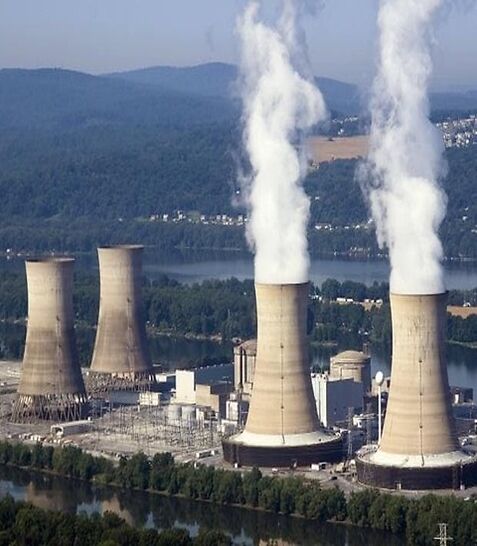
As Western nations look for ways to reduce their reliance on Russian oil and gas, another aspect of the Ukraine crisis has received less attention: Most of the 32 countries that use nuclear power rely on Russia for some part of their supply chain.

Until Russia invaded Ukraine there wasn’t much conversation taking place between the energy industry and the Biden Administration. "I think it's starting to ramp up, unfortunately, I couldn’t have said that two or three weeks ago.
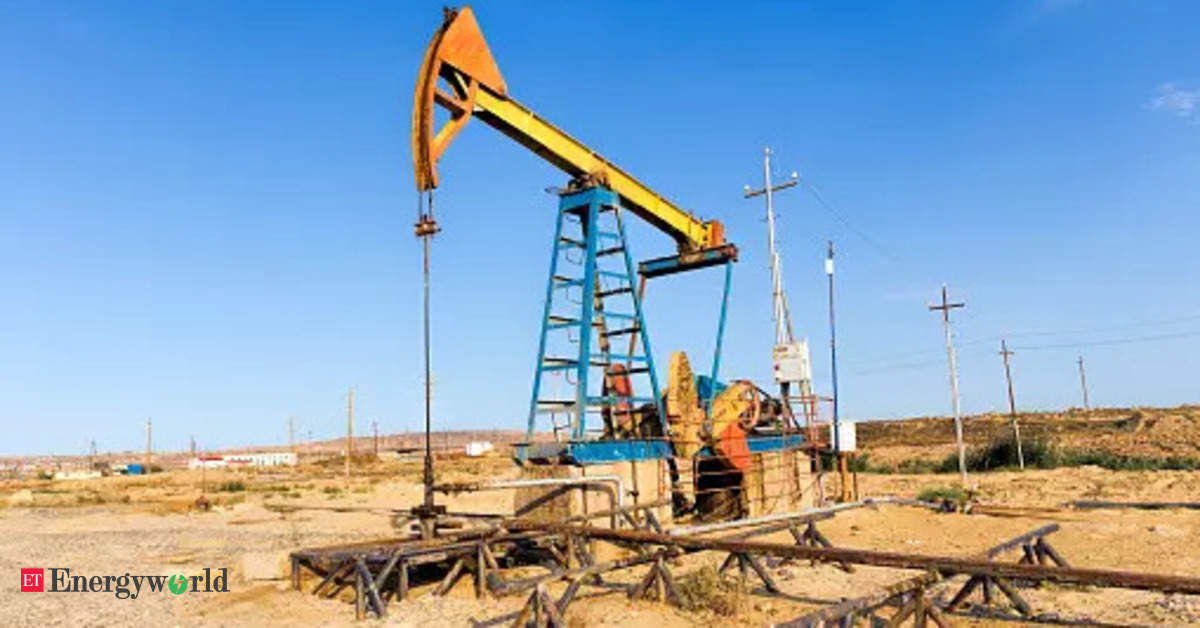
U.S. and European officials condemned the moves, but a Biden administration official said Russia's military action did not as yet constitute an invasion that would trigger a broader sanctions package.

During remarks on his administration’s work to lower healthcare costs recently, which were made at Germanna Community College in Virginia, U.S. President Joe Biden said he was going to work like the devil to bring gas prices down.

Americans are understandably blaming the Biden administration for surging energy prices: “Pain at the pump drives Biden’s suffering in the polls.”
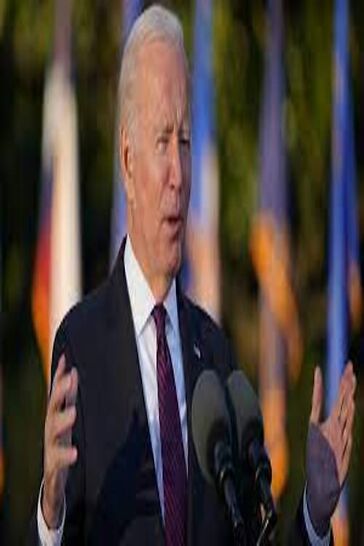
"The sale of offshore oil and gas leases on more than 80 million acres in the Gulf of Mexico was canceled by a U.S. judge who ordered regulators to take a harder look at the impact on climate change. U.S. District Judge Rudolph Contreras in Washington, D.C., vacated the lease sale in a 67-page decision, issued Thursday.

Oil prices hit the highest levels since October 2014 this week, prompting renewed pledges from the U.S. Administration to do what it can to relieve prices at the pump for Americans. Oil traded even higher this week than it did in November 2021. Back then,